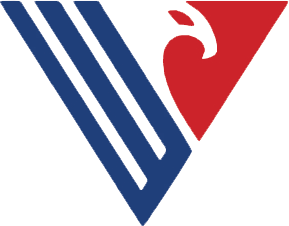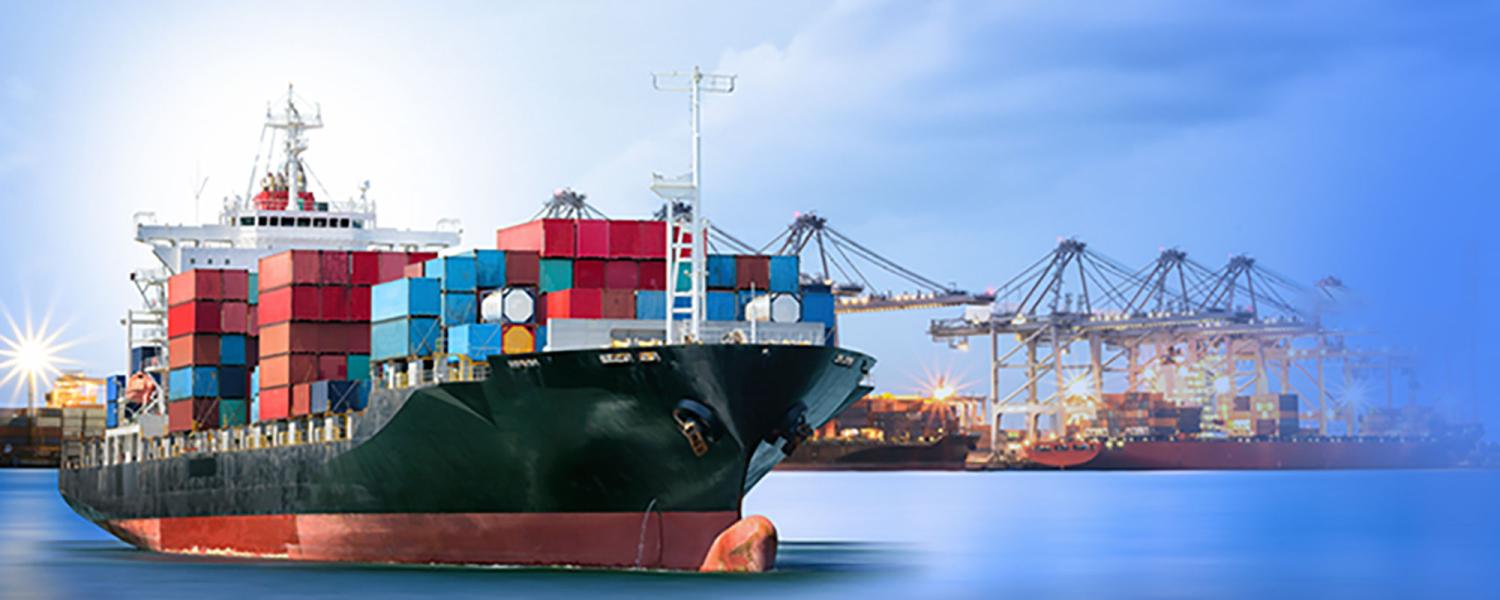An eye towards prosperity & Wealth
➩ Insurance is important for several reasons







- Registered Address:
- Eagle Vision Insure Wealth,
- Office No. 401, 4th Floor, Rimson Estate Premises,
- Behind Evershine Mall, Off Link Road, Malad West,
- Mumbai - 400064, Maharashtra.
- : +91 7400171187
- : +91 22 40025494
- : enquiry@eaglevisioninsure.com


